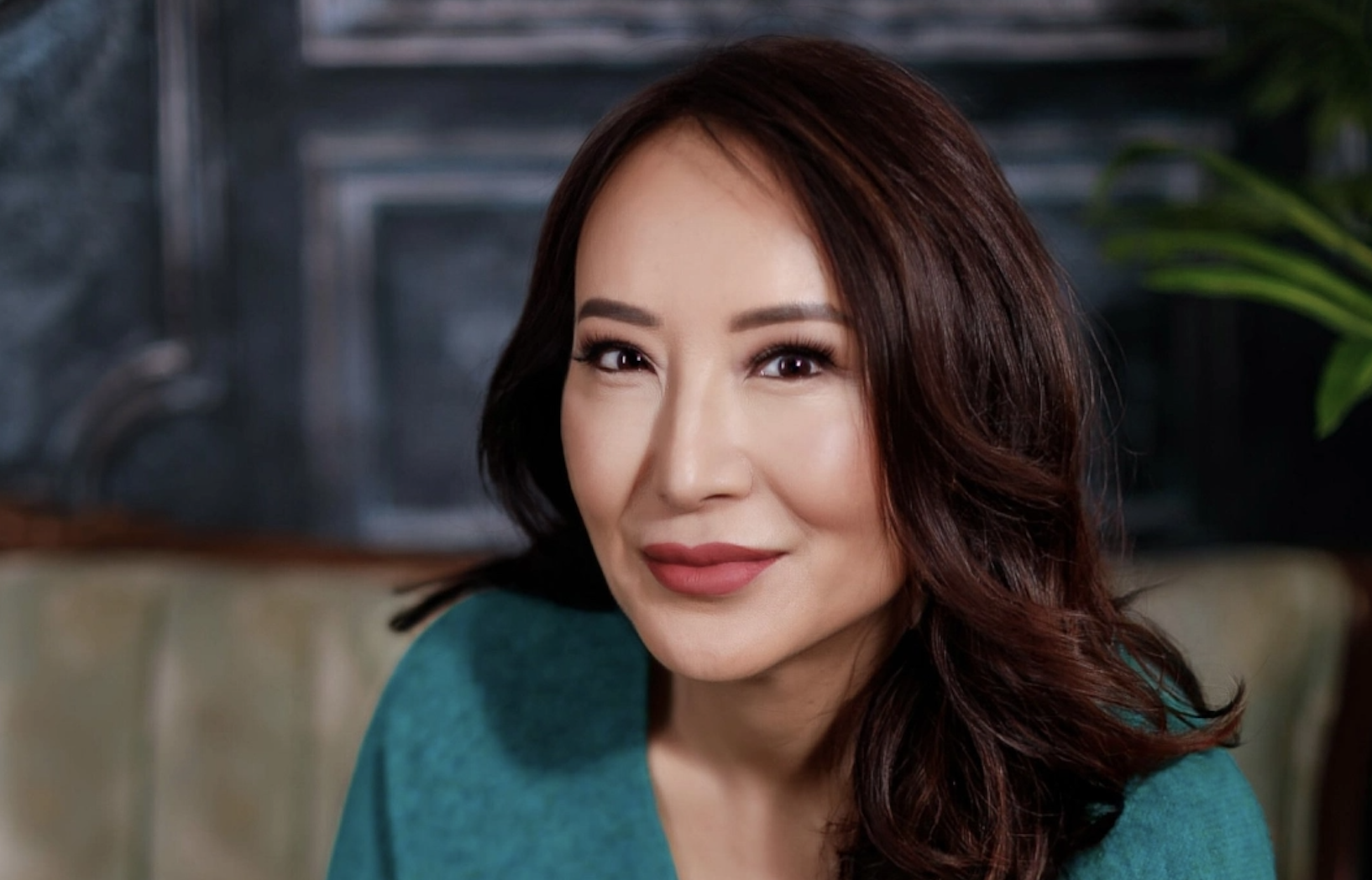
In September 2015, after nearly 14 years in seeming exile, the Taliban attacked a northern Afghanistan city called Kunduz, which decimated every part of town except the military base. It was a surprise attack that left over 50 dead and more than 600 wounded, officials estimate. There was no clear motive for the attacks, however sources say it was to send a message to the democratic government led by President Ashraf Ghani, as well as NATO forces that the Taliban are not to be underestimated.
This story may be familiar from a different angle, as American forces were responsible for accidentally bombing a Doctors Without Borders location, whose casualties make up almost half of the aforementioned 600+ people. American officials say the attack came at a time when the world’s military forces are preoccupied with another terrorist group’s heinous activities: ISIS.
The Taliban takeover of Kunduz lasted only 15 days, thankfully, and the only reason the terrorists withdrew was to “save ammunition” and spare further civilian casualties. Meaning it could happen again, and no doubt the world as well as Afghanistan is on high alert. Since the take down of the Taliban in 2001 when American-led forces invaded the country, there has not been any major attack or takeover like during the Taliban rule from 1996-2001.
Amidst the horror and destruction happening during the month of September, many radio stations were targeted. In fact one of the first locations to be destroyed was a media location called Roshani Radio, which has been broadcasting daily shows about women’s rights and education. The fact that the station employed 9 women and 4 men on the staff already makes it a source of disdain for the terrorist organization which does not like women to work outside the home or be educated.

The founders of the station, Sediqa Sherzai and her husband Obaidullah Qazizadha are working to rebuild their station which they believe gives women in the areas of northern Afghanistan that they broadcast to a voice of empowerment. In an interview with Refinery29 in January, Sediqa said while they didn’t specifically see the Taliban ransack and destroy their offices (all their electronic equipment was missing or destroyed) they have good reason to know why the group targeted them.
“In the past, our staffers have been threatened by the Taliban, because the programs that we run are mostly about social progress and the rights of women, and this is against their interest,” she said.
Also, a liberal-minded religious leader who presented a show on the radio, and who taught women that being forced to marry was against Islam, was killed in June by the Taliban and the rest of the radio staff were threatened that the same would happen to them if they didn’t stop broadcasting. But of course they did not stop creating their daily shows. Sediqa said she started the station in 2001 after the Taliban government was taken down because she saw a huge need for women’s issues to finally be given a public voice.
“I had to find a way to educate women about their rights, and radio was the perfect medium to attain my goal because its reach is so widespread. And this is exactly why the Taliban attacked our office. They do not want women to realize that they have rights, they do not women to be empowered,” she explained.
The Roshani shows were broadcast not only throughout the province of Kunduz, but also neighboring Takhar and Baghlan provinces.

“For the last nine years, every day from 6 a.m. to 2 a.m. we ran shows that educated and informed the youth, women, and girls in our society about their rights,” Sediqa said, before adding that an attack on a station like theirs is direct attack on the progress of women’s rights in Afghanistan.
“Everyone knows that Roshani Radio is run primarily by women. By attacking us, within hours, they erased all the years of hard work we had put into giving women the courage to step out of their homes to work. This attack is not just on one media organization or one group of women, it has set back the rights of women and press freedom that we have worked for all these years. Now we have started again from scratch,” she said.
The Washington Post reported on the attacks in November 2015 and identified other female-led radio stations which were targeted by the Taliban.
“The Taliban attacks directly affect the female journalists. But on a broader scale, it affects all women. We had literacy programs and other shows to help women. Now, everything has stopped,” said Lida Yosufzai, an anchor at Radio Kayhan.
Rebuilding after the Taliban attacks was very difficult for Sadiqa and her husband, as their equipment was expensive to buy. Initially they bought $6000 USD worth of radio mixers, computers and a transmitter with the help of grants from the US Government and a German company. Now they had to rely on donations to get the same equipment back into the station in order to start their programming schedule again.
It took until December for Roshani to resume business as usual, and their first show back appropriately discussed the link between peace, progress and women’s rights.

“The point we were trying to get across was that unless there is peace, women cannot go to work, but there can be no peace until women are part of the daily processes of the city. My audience called in and they said they were very excited that the radio channel was back on air,” she told Refinery29.
Although they are creating shows again, they are doing less live programming in order to protect their safety. Prerecorded shows mean they can broadcast at any time, but Sadiqa is disappointed with the new situation.
“My favorite show was my 8 a.m. to 9 a.m. live show when I would ask women to call in to discuss social issues and complaints that they had about the government. My audience also said that this was their favorite show. And now I can only take live calls once a week, and this upsets me a lot,” she said.
She talks about her background a little, saying she had always wanted to be a journalist after being inspired by an uncle of hers who worked for a television station under the Soviet Union’s communist rule during the 1980s. She studied at Kunduz University, but by the time she graduated the Taliban had seized control of the country and it wasn’t until 2001 that she was able to start her own career in broadcast journalism.
Sadiqa recognized that a women’s media platform under the new regime would play a huge part in the progress of women, and although they are not making any profits from their shows, she says it is worth the effort and is hopeful for the future rewards women will be able to reap from this platform.

“I couldn’t sit passively while the Taliban snatched away women’s liberties; so I began running an underground school for girls. After the collapse of the Taliban government, I saw that the situation for women in Kunduz was terrible and something had to be done to make them realize their rights. I could’ve joined a nonprofit, but I wanted my impact to be as wide as possible, and that is why I started this broadcasting. And even after this horrible attack, I am still broadcasting. So yes, I am very hopeful,” she said.
She told the Washington Post soon after the attack that Roshani Radio plays an important role in the lives of women in parts of Afghanistan who still need encouragement to empower their lives.
“We don’t want the voices of women to be shut down. We were encouraging other women to leave their houses, to work in public, to integrate into society. If we stop broadcasting, what kind of a message does this send to other women?”
It’s a good question, and her husband stands beside her in the mission to empower women.
“We were proud to play a role in empowering women,” he said.
Roshani radio encourages women to do things like join the police force and take part in elections. Their live radio shows broadcast human rights activists and government officials discussing and debating important issues that affect women and their communities. Their small but powerful media platform is threatening enough to intimidate the Taliban, but it should also be a reminder of what happens when you use your voice. Despite what opposition may come your way, or how minuscule you think your impact will be, it is worth the risk if it means it can empower even one person’s life.


















2 thoughts on “This Radio Station In Afghanistan Is Determined To Be A Platform For Women’s Rights, Despite Taliban Attacks”